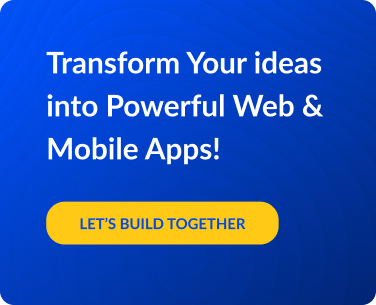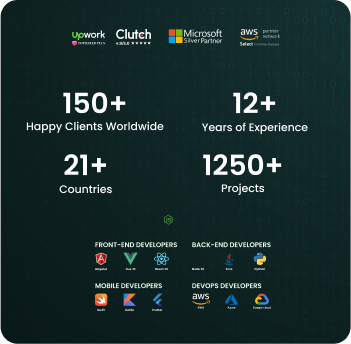Table of Contents
With the increased growth in Android users worldwide, the demand for Android app development continues to rise. Multiple Android development frameworks and platforms are available to simplify the creation process and make it more efficient.
In this blog, we will explore several top Android app development frameworks in 2023.
What are Frameworks?
Frameworks are pre-prepared software structures that ease the process of Android app development and its framework simplifies required coding and offers developers a stable platform for building effective apps.
It enables faster development and deployment. This system allows developers to focus on the creative aspects and features of an app, saving time and resources.
The Role of Frameworks in App Development
Frameworks are now a crucial aspect of contemporary app development, providing developers with an effective means of crafting sturdy and scalable applications.
Streamlined Development Process:
Frameworks provide developers with a solid foundation and pre-defined rules. It allows them to focus on building the core features of an app rather than reinventing the wheel.
Code Reuse:
One of the key advantages of frameworks is the ability to reuse code. Developers can create reusable elements that can easily be blended into different projects.
Enhanced Security:
Frameworks often come with built-in security features and best practices, helping developers protect their apps against common exposures.
Performance:
Frameworks handle the challenges of scaling apps as user demand grows. They offer various techniques, caching mechanisms, and database query optimization tools that enhance the performance of the app.
Types Of Android App Development Frameworks
Even though there are hundreds of frameworks with special features to choose from, these are the most popular Android development frameworks you need to consider when developing Android apps.
Ionic Framework:
It is an open-source framework built with HTML, CSS, and JavaScript. It allows developers to build hybrid mobile apps for multiple platforms using a single codebase. The Ionic development team can create apps that are compatible with Android OS. It is also used to create progressive web apps that can be accessed from any device. Additionally, Ionic is easy to use and configure, making it a popular choice for mobile app development.
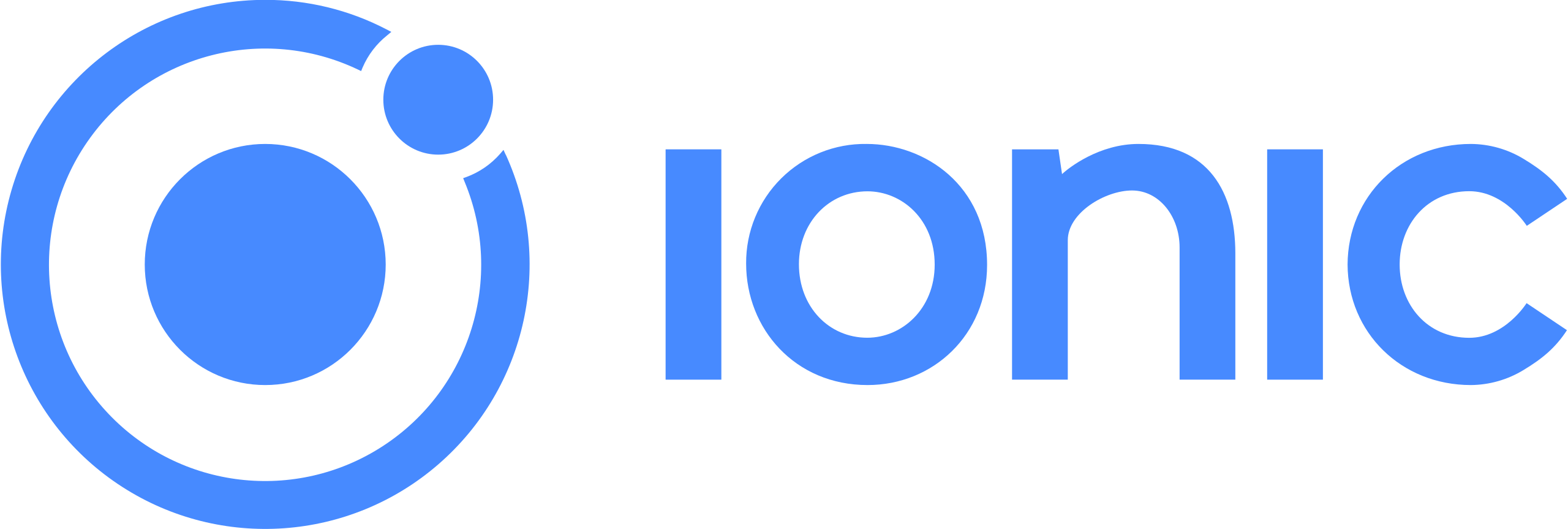
Features
- Cross-platform development for iOS, Android, and Web Apps.
- Pre-built UI components and themes for faster development.
- Access to native device features through plugins.
- Integration with Angular or React for enhanced functionality.
Flutter Framework:
Google created this open-source UI software development kit. This platform helps you create apps that work on apps using just one codebase. It is one of the best platforms for Android app development. Effective Flutter app development requires knowledge of object-oriented programming and a basic understanding of the Dart programming language. The platform also allows for hot reloading, which makes it easier to test and debug the code while the app is running.

Features:
- Fast development and hot-reload for quick iterations.
- Expressive and flexible UI design with custom widgets.
- High-performance rendering and native-like performance.
- Access to platform-specific features and APIs.
Corona Software Development Kit:
It is a cross-platform framework for developing 2D games and apps. It uses Lua scripting language and provides an extensive set of APIs. It also offers a range of tools to help create, debug, and deploy applications.
It supports a wide range of platforms, including Android. Additionally, it provides a rich set of tutorials and documentation to help developers create their apps easily.

Features:
- Simplified game development with physics, animation, and sound libraries.
- Rapid development and instant testing on devices.
- Integrated money-making options and analytics.
- Cross-platform deployment for iOS, Android, and Windows.
Framework7:
It is a popular open-source Android app development framework. It allows developers to build native-like mobile applications using HTML, CSS, and JavaScript. Easily create customized mobile apps with a variety of tools and features on this platform. It works for both iOS and Android and offers many features to make your app responsive and full-featured.
![]()
Features:
- Native-like UI components for iOS and Android.
- Seamless integration with Vue.js or React for enhanced functionality.
- Custom theme and style options.
- Support for Cordova and PhoneGap for access to native device features.
React Native Framework:
It is a popular framework that is primarily for building mobile apps. Created by Facebook and allows developers to build native mobile apps using JavaScript and React. Reach Native app development offers many advantages, such as code reusability, improved performance, and an intuitive user interface.
It also supports both Android and iOS platforms, making it a highly versatile framework. Additionally, React Native is easy to learn and use, making it an ideal choice for beginners.

Features:
- Cross-platform development for iOS and Android with a single codebase.
- Reusable components for faster development.
- Get Access to the native APIs and device features.
- Live reloading and bug-fixing capabilities.
jQuery Mobile Framework:
It is a popular framework that simplifies mobile app development. It provides a range of features and components specifically designed for mobile devices.
It facilitates the development and deployment of apps on multiple mobile platforms, enabling developers to create apps quickly and efficiently. It also enables developers to code functionalities such as navigation, data storage, and user authentication.

Features:
- Easy-to-use and lightweight framework.
- Support for a broad range of mobile app platforms.
- UI components for creating mobile-friendly interfaces.
- Built-in AJAX navigation and page transitions.
Xamarin Android Framework:
Xamarin is a robust software framework that allows developers to create native Android apps using C#. This provides a set of tools and libraries to aid in development. Xamarin app development for Android apps offers a wide variety of features including cross-platform compatibility, integrated debugging, and support for multiple device form factors.
Additionally, Xamarin apps have access to the full suite of native APIs, making it a great choice for mobile app development.

Features:
- Native performance and access to Android APIs.
- Shared codebase with other Xamarin-based platforms.
- Visual Studio integration for seamless development.
- Extensive library of pre-built components for faster development.
Native Script Android Framework:
You can use an open-source framework to make mobile apps with web technologies such as HTML, CSS, and JavaScript. Developers are the ones who typically use this framework. It focuses on developing cross-platform apps for Android devices.
It provides features such as access to native APIs, creating plugins, and the ability to develop complex user interfaces. It allows developers to customize and extend it to suit their needs. Choosing the right front end framework like Native Script making it highly versatile. Additionally, React Native is easy to learn and use, being an ideal choice for beginners.

Features:
- Direct access to native Android APIs and UI components.
- Cross-platform development for iOS and Android.
- Support for Angular and Vue.js for building robust apps.
- Hot module replacement for faster iterations.
Factors To Consider While Choosing Android App Development Framework
If you want your Android app development project to be successful, it’s important to think about various factors when choosing a framework. These factors play a big role in the outcome of your project. Let’s explore some of the most important factors to keep in mind.
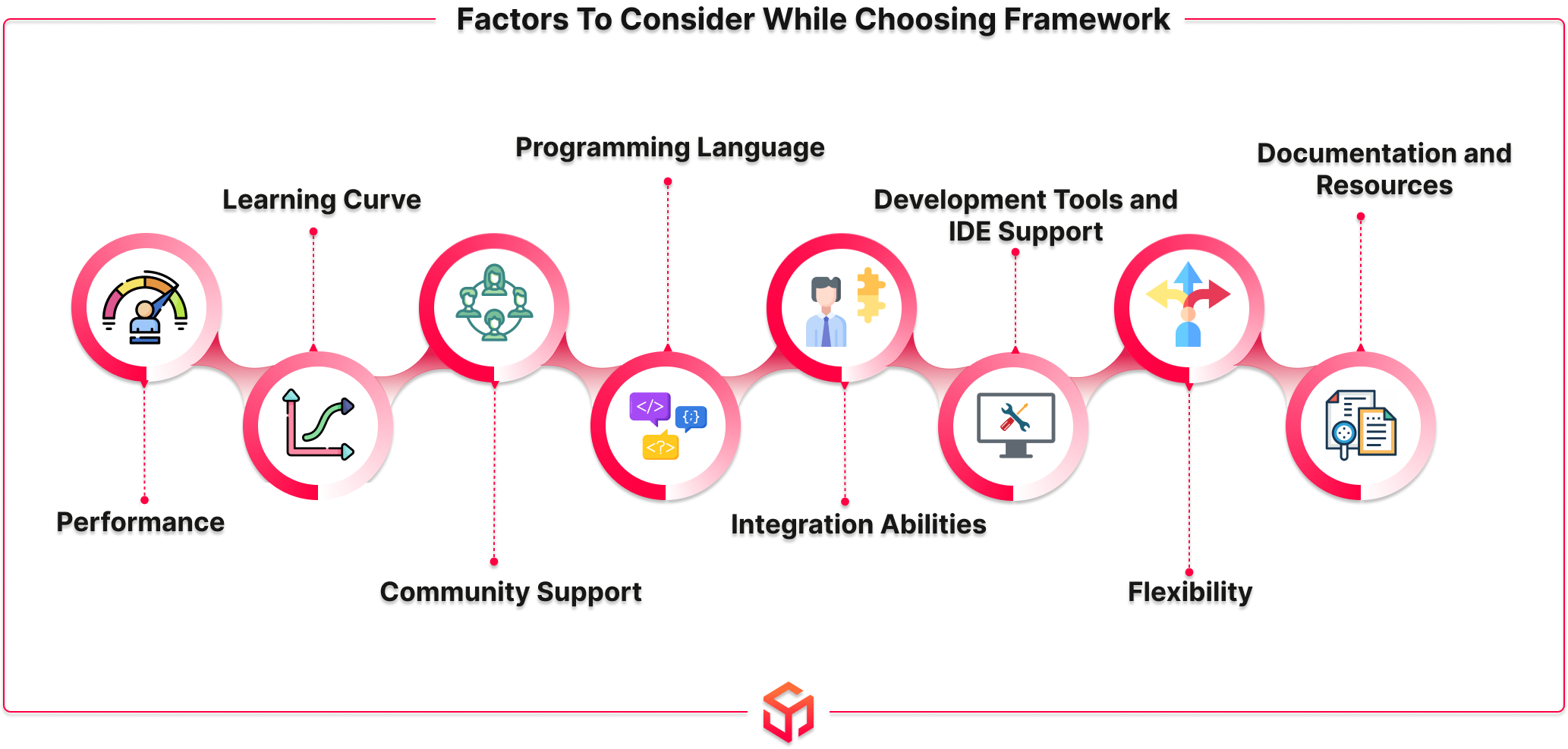 Programming Language:
Programming Language:
The choice of language is a basic factor in selecting the right Android app development framework. Kotlin has grown in popularity for Android development due to its clear and improved features, despite Java being the conventional option. Make sure the expertise of your Android development team consider the language that aligns with your project needs.
Learning Curve:
The learning curve in the framework is another important concern. If you have limited time or resources for a project, it may help to choose a simpler framework. This can make it easier to understand and work with. This will help speed up the process and reduce the time required to bring the app to market.
Community Support:
The availability of a powerful community is crucial when choosing an Android app development framework. It ensures that there are ample resources, forums, and tutorials available to help developers overcome challenges and find solutions. It also shows the long-term ability to develop the framework.
Performance:
The performance of your app is critical for its success. Therefore, it is essential to evaluate the capabilities of the framework under consideration. If you’re looking for a framework, there are some important things to think about.
You should look for something that manages memory well. Renders the user interface smoothly, works with the best Android app development software and executes code efficiently. Performance and case studies can provide valuable insights.
Integration Abilities:
Consider the extent to which the framework allows integration with other third-party libraries, APIs, and services. Before building your app, it’s important to think if you want it to work with existing systems or use outside services. Ensure that the framework supports the integration requirements of your app.
Development Tools and IDE Support:
The availability of tools and IDE support is crucial for efficient app development. Look for frameworks that offer tooling, debugging, and IDE plugins that facilitate smooth development workflows.
Flexibility:
It is important to choose a framework that offers flexibility to adjust the developing needs of your app. Consider the framework’s ability to handle increased user load, support future feature enhancements, and adapt to changing technology trends. A scalable and flexible framework will ensure that your app can grow and develop.
Documentation and Resources:
The availability of learning resources is essential to the process. Look for frameworks that offer well-documented APIs, tutorials, and sample code to help developers understand the framework’s features and capabilities. Good documentation ensures a smooth learning curve and reduces time.
Conclusion
The increasing convenience offered by smartphone apps strengthens the need for efficient and complex tools for their development. Choosing the right Android UI framework can make a significant impact on your app’s success. When choosing the best App development framework for your company, it’s important to evaluate each option’s strengths and drawbacks. And see if they match your project’s needs.
If you want to develop an mobile app using effective frameworks, Soft Suave is your best Android app development service. we have a skilled team of developers worked in various industries.
Frequently Asked Questions
There are several popular frameworks for Android development platforms. Most of them are Android SDK, Flutter, and React Native are go to and easy to learn and use.
The best framework for mobile app development depends on various factors such as project requirements, developer expertise, and performance needs. Some popular frameworks for Android app development include Java, Kotlin, React Native, Flutter, and Xamarin.
To select the best Android mobile app framework, consider the following factors:
- Decide the features and functionality your app needs.
- Choose a framework that aligns with your team’s coding skills.
- Evaluate the framework’s performance and efficiency.
- Consider resource accessibility and community support.
The system framework on Android refers to the core libraries and services provided by the Android operating system. It includes various elements that enable developers to access system-level features.
For Android app development, there are several UI frameworks available. The Android SDK includes a popular user interface framework that uses XML. This framework allows developers to define an app’s interface using XML. Other frameworks like Flutter and React Native also provide UI development options.

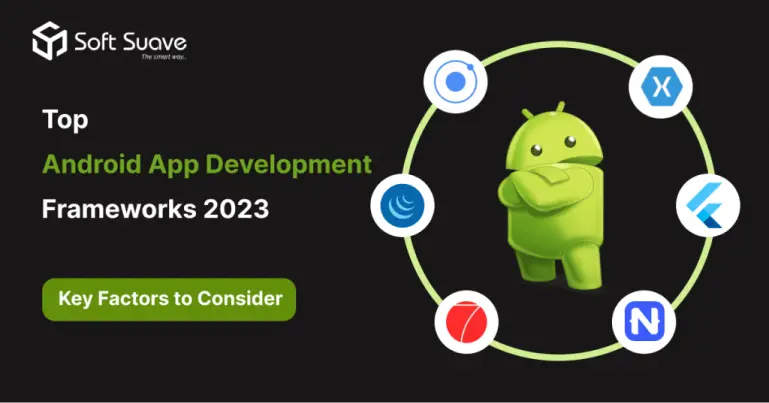





 8 Years of experience
8 Years of experience